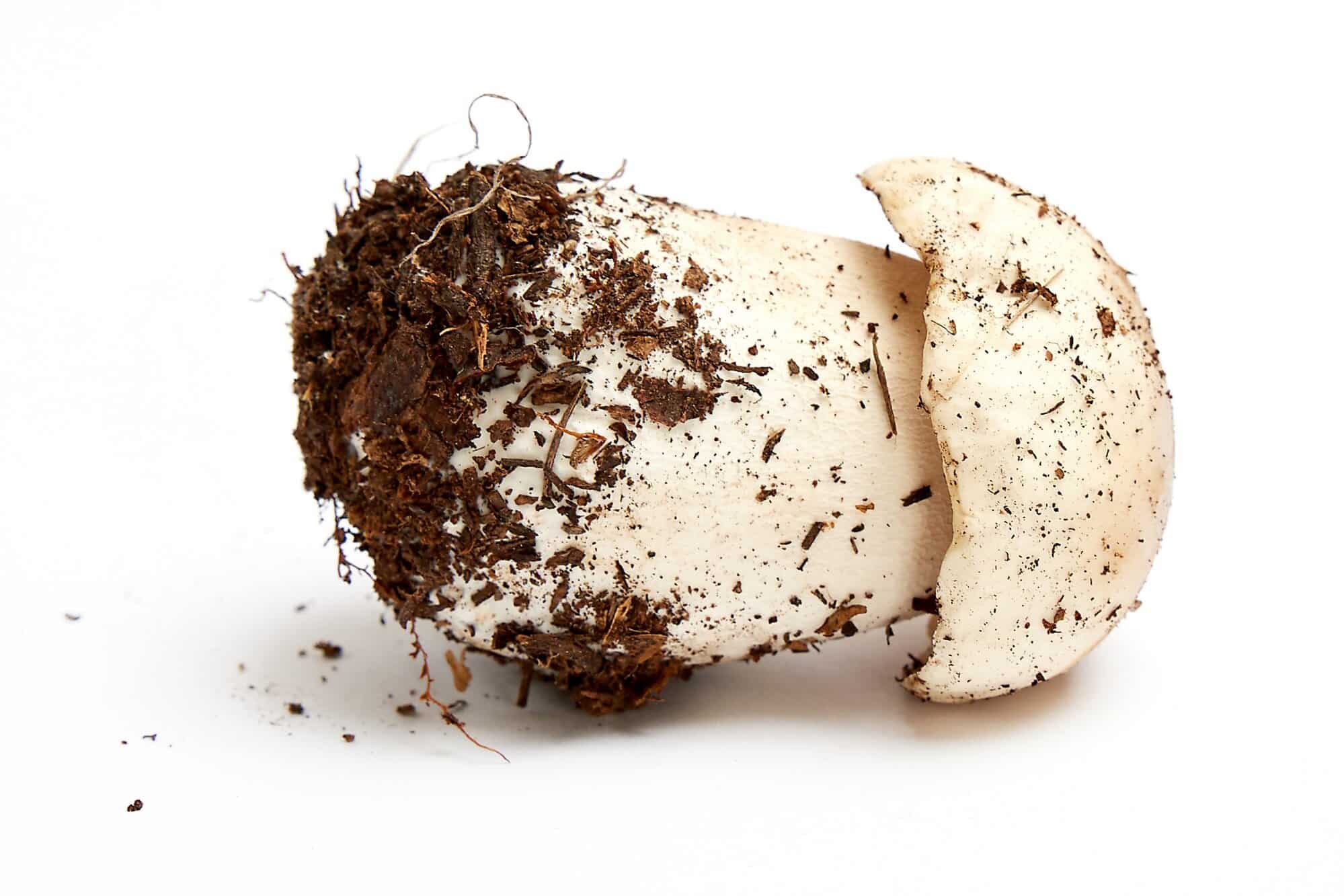The season of giving is upon us. But while we enjoy sharing gifts with our friends and family, are we being as kind to Mother Earth?
The presents we share with our loved-ones often come at a price beyond our wallets, with the packaging causing damage to our environment long after the gifts have been enjoyed.
We produce 300 million tons of plastic every year, half of which is for single-use purposes and more than eight million tons of plastic are dumped in our oceans every year. And packaging accounts for about 40% of plastic usage. And another popular packaging material, styrofoam, takes up 30% of space in some landfills and remains there for around 500 years.
So innovative brands are turning to a natural solution to solve this waste crisis — mushroom mycelium. Mycelium is the root structure of mushrooms, and packaging made from this material will break down in our compost or flower bed in 40 days, is biocontributing and can be carbon negative.
Last week we looked at the potential impact on mental health treatment after psilocybin, the active ingredient in magic mushrooms, was legalized in Oregon, while those in Washington DC also voted to effectively decriminalize organic psychedelic drugs.
And now forward-thinking companies are working out how to utilize their other magical powers — as the earth’s natural recycling system, doing their work underneath the forest floor — for our packaging needs.

Seedlip Gift Pack
Non-alcoholic spirit brand Seedlip have been at the forefront of pioneering zero proof drinks that will give us a healthier drinking option during the holidays — and this festive season they have turned their attention to the health of the planet too.
Their new gift pack includes a bottle of the festive-tasting alcohol-free spirit Seedlip Spice 94 and a 100% recycled Highball glass, but what makes this gift so unique is the home compostable mycelium packaging.
Seedlip founder Ben Branson says: “We at Seedlip believe in protecting and celebrating the natural world. We’re determined to reduce our impact where we can.
“There’s a climate emergency that’s an important consideration when you think of how much the natural world provides to us. There’s nothing quite like a necessity breeding invention.
“We look to nature as our inspiration in all that we do — in this case packaging solutions. The same process that mycelium performs in its natural environment is replicated to produce these boxes.
“Mycelium has been on our radar for some time. It was the ideal material for this problem, as it behaves like transit materials — polystyrene — and then simply breaks down in your garden in 40 days. In doing so, it adds nutrients back to the soil, meaning it’s biocontributing.
“Trees take five to seven years to grow before being used for cardboard manufacturing. Mycelium takes just seven days to grow. Mushrooms need to become incredibly famous.”

Mycelium packaging // 📸: Magical Mushroom Company
The Seedlip packaging was created by the Magical Mushroom Company, whose clients also include the cosmetics brand Lush and electronics company Kano.
And Paul Gilligan, co-founder of Magical Mushroom Company, says: “The amazing root-like structure of mushrooms is called mycelium, which plays a crucial role in nature, breaking down debris on the forest floor.
“We recreate this natural process to produce large-scale protective packaging solutions offering a safe, sustainable, and totally home-compostable alternative to plastic foams.”
It’s not just packaging that is benefiting from new technologies exploring the mushroom’s hidden powers. Mycelium is tasty and full of fiber and protein too, and has been used as a substitute for meat, including hard-to-replicate crispy bacon, in our kitchens. And it is also being used instead of leather to craft clothes, bags and wash straps.
All these exciting innovations are giving a whole new meaning to the phrase ‘magic mushrooms.’








